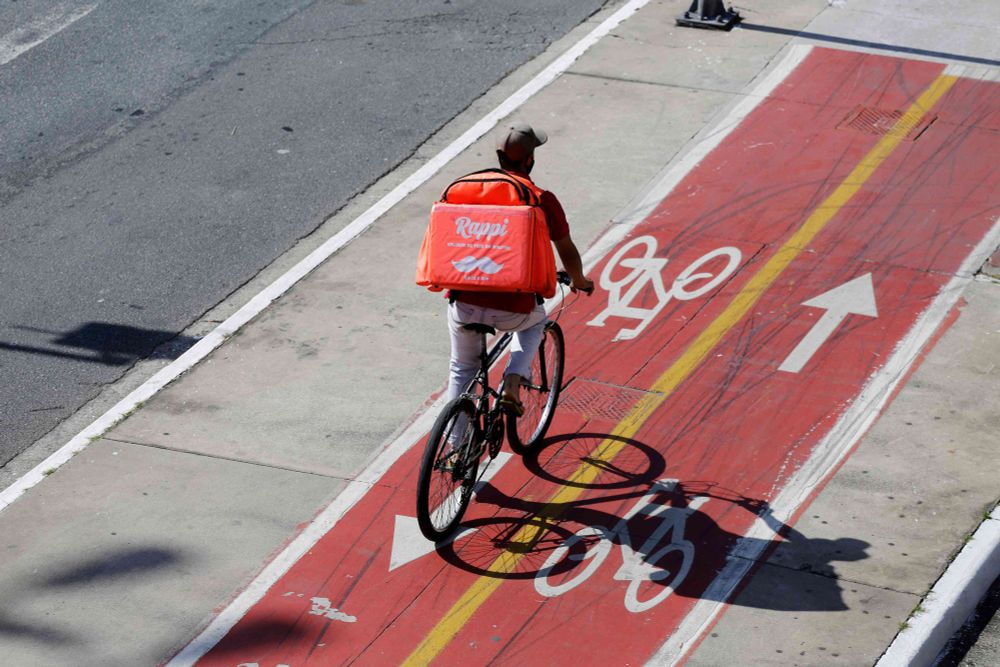Thiago Scarelli
@tscarelli.bsky.social
200 followers
360 following
19 posts
Lecturer in the Department of Economics at the University of Oxford | PhD from the Paris School of Economics | Labor, Development, Stats
thiagoscarelli.github.io
Posts
Media
Videos
Starter Packs
Reposted by Thiago Scarelli
Reposted by Thiago Scarelli
Reposted by Thiago Scarelli
Carl T. Bergstrom
@carlbergstrom.com
· Aug 19
Reposted by Thiago Scarelli
Reposted by Thiago Scarelli
Oliver Hanney
@olihanney.bsky.social
· Jul 17

Examples from development economics for your introduction to econometrics course
Economists employ a wide range of econometric methods when conducting research. Here are some examples of how these techniques are used to generate interesting and useful policy insights in developmen...
voxdev.org
Reposted by Thiago Scarelli
Reposted by Thiago Scarelli
VoxDev
@voxdev.bsky.social
· Jun 3
Reposted by Thiago Scarelli
Daniele Girardi
@dgirardi.bsky.social
· May 2
Reposted by Thiago Scarelli
Thiago Scarelli
@tscarelli.bsky.social
· Apr 22
VoxDev
@voxdev.bsky.social
· Apr 22

Best buys meet political realities: The political economy of education research
Why do policymakers choose education reforms that aren’t supported by evidence? And how can researchers work with them to implement interventions with better outcomes? These are thorny questions often...
voxdev.org





